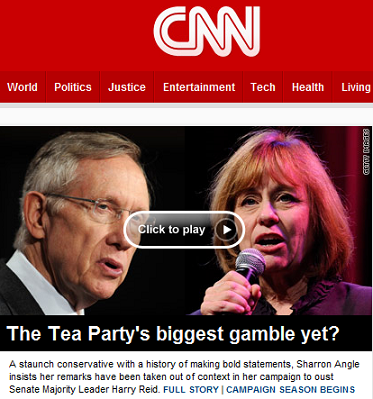It will not surprise you to learn that I don't watch a lot of Fox News, although it's fair to point out that I don't watch TV news in general these days.
online pharmacy wellbutrin best drugstore for you
For a while I watched a decent amount of it, almost entirely for the comedy value. Then around 2002 it stopped being funny and started to resemble propaganda that sounded better in the original German. Now I see it every month or two for about 15 minutes in the waiting room at my doctor's office (he is also the last person on Earth whose "These Colors Don't Run" bumper sticker is not ironic).
Look, there's nothing more trite than pointing out that Fox News is stupid and resembles "news" only inasmuch as one considers a turn-of-the-century Hearst newspaper to be news.
online pharmacy aciphex best drugstore for you
It has evolved, however, from bad, comically slanted news into an entire alternate universe of news and news consumption. Its guests and "experts" appear only on Fox. Its hosts spend half of their time interviewing other personalities on the Fox payroll. Roger Ailes sends out daily memos reminding his on-air "talent" to reiterate the RNC talking points. It is to the media what Amway is to consumer goods – a cult-like organization of true believers who promise to fulfill all of your needs but insist that you sever ties to anyone outside The Family. What's that? We can't find any experts to appear on-air to promise that tax cuts for the wealthy will create jobs? So what! We'll just make our own experts!
Watching highly paid Fox News Personality Sarah Palin being interviewed (in a sense, at least) by highly paid Fox News Personality Sean Hannity, one cannot avoid the question of who on Earth could possibly watch this willingly…and perhaps even take it seriously. Watch 60 seconds of that if you can stomach it. It has the production quality of a snuff film produced by a poorly equipped high school A/V club – the clip art graphics, the "a hostage is about to be beheaded" lighting, the cheap, echo-y sound reminiscent of something recorded in an empty garage with a single, poorly placed boom mic…it all appears to have been thrown together with great haste and absolutely no concern for whether or not the audience would think critically about any of it. And that hasn't even touched on how stupid the words coming out of their mouths sound. Watching Hannity lob softball after softball at this idiot and seeing her swing and miss every time isn't just painful, it's the very definition of a farce.
buy xifaxan online buy xifaxan no prescription
Conservatives enthusiastically argue that all news networks are equally biased and therefore any one is as good as the others. This is of course nothing but a defense mechanism, and an understandable one at that. We all watch what flatters our own ideological predispositions, but surely any sentient person watching Fox knows, on a very deep and basic level, that he is watching not actual news but performance artists doing their impression of news. Right? I mean, throw me a bone here. Tell me that people who watch this are self aware enough to realize that it's essentially entertainment programming.
buy wellbutrin online buy wellbutrin no prescription
They don't actually watch this network and think "I'm watchin' the news! I'm learnin' important stuff!" do they?
Do they?
Then again, I suppose that in a world in which print and online media routinely run unedited press releases as news items and Pam Geller has a six-figure readership I should not be shocked that people can watch this pile of shit and convince themselves that it is Shinola.


